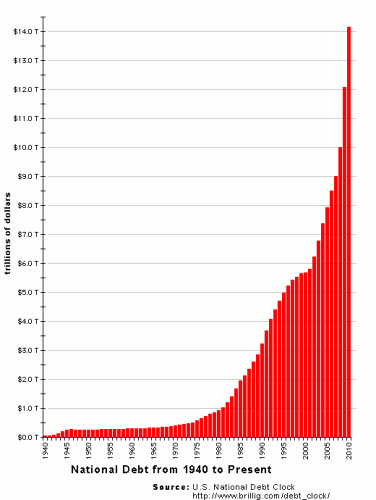John Maynard Keynes, in addition to being the brother of the author of the first book on blood transfusion, was a famous economist whose policy recommendations have been widely abused by politicians for 50 years. His first widely known book was on “The Economic Consequences of the Peace.” It predicted that the harsh Versailles peace treaty would ruin Europe, a prediction that came true in 1929.
Reparations were set at a level that Keynes perceived would ruin Europe, Woodrow Wilson refused to countenance forgiveness of war debts and would not even let the US Treasury officials discuss the credit program. While Keynes’ proposals were far sighted, few others at the Versailles Conference understood their importance and Keynes’ proposals would have been controversial in nations such as France, Britain and the US.
Keynes’ book had a major effect on the US Congress’ refusal to ratify the League of Nations treaty.
Another critical insight was his prediction of the consequences of inflation.
Keynes outlined the causes of high inflation and economic stagnation in post-WWI Europe in The Economic Consequences of the Peace.
“Lenin is said to have declared that the best way to destroy the Capitalist System was to debauch the currency. By a continuing process of inflation, governments can confiscate, secretly and unobserved, an important part of the wealth of their citizens. By this method they not only confiscate, but they confiscate arbitrarily; and, while the process impoverishes many, it actually enriches some… Lenin was certainly right. There is no subtler, no surer means of overturning the existing basis of society than to debauch the currency. The process engages all the hidden forces of economic law on the side of destruction, and does it in a manner which not one man in a million is able to diagnose.”
Keynes explicitly pointed out the relationship between governments printing money and inflation.
“The inflationism of the currency systems of Europe has proceeded to extraordinary lengths. The various belligerent Governments, unable, or too timid or too short-sighted to secure from loans or taxes the resources they required, have printed notes for the balance.”
It is significant that the US has debased its currency the past 40 years far more than the average citizen realizes. The present dollar is worth about 40 cents in 1970 dollars. Using the methodology at this site, which uses US Department of Labor data, a $100. item in 1970 would cost $582.60 in 2011 dollars. That uses a cumulative inflation rate of 482.6%. Using that calculation, the present dollar is worth 20 cents in 1970 currency.
The most common attribution to Keynes is the “pump priming” role of running budget deficits. However, his theory was the “countercyclical” principle of government budgets. That supposes that the government runs surpluses in good economic times, then deficits in bad economic times. Keynes assumed that these two phases of government action would cancel each other out. His work was based on his theories of how the Great Depression occurred. His apologists have used the Second World War as an example of Keynesian economics. They do not mention that the high deficits that were run during WWII were funded by US citizens who bought war bonds. Inflation was limited by price controls and consumption was limited by rationing. The excess income that was generated in war industries was invested in the national debt. We were not borrowing from another country and, after the war, the budget rapidly paid off the war debt. The national debt was small before the war.

What we have today is very different. Here is a useful explanation of why Keynes is not the author of present national policy. There is more explanation here.
If Keynes were alive today, what would he think of President Obama’s fiscal policies?
He would roll over in his grave if he could see the things being done in his name. Keynes was opposed to large structural deficits. He thought that they chilled rather than stimulated the economy. It’s true that we’re stuck with large deficits now. The goal should be to reduce them, not to take on new spending that makes them worse.
Today, deficits are getting bigger and bigger with no plan to significantly lower them. Keynes understood what the current administration doesn’t understand that the proper policy in a democracy recognizes that today’s increase in debt must be paid in the future.
Read the rest.